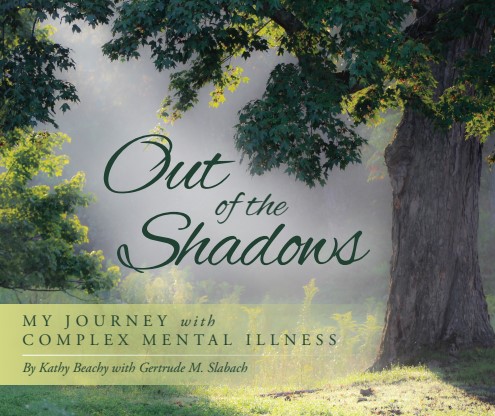The Different Ways of Families

It starts with different.
There are different ways of families. Our friends grew up in different communities and, of course, different families. Naturally, they had different experiences growing up, as each family created a harmony of its own. There are many different ways of families.
Mealtimes around her family’s dinner table included conversation, tasty food in pretty dishes, and homemade bread served in a basket with a dainty, linen napkin. Always homemade bread, and always served in a tidy basket with a clean, linen napkin. At his home, table talk was nil. The family of boys were intent on filling their bottomless pits. Bread (store-bought if there was any) was served in its plastic bag. Imagine her surprise when she visited the home of her boyfriend for the first time and tried to engage in conversation while everyone was eating – when that long row of boys lifted their faces long enough to look at her and then continued eating without any comment in response. Imagine her disdain at the bread served in its plastic bag and plopped on the table!
The differences become his and hers

They married and disagreed about mealtimes, among other things. His notes grated on her. Her melody didn’t fit into his family’s music. She wanted to talk as they ate. His purpose for coming to the table was for physical nourishment and not conversation. He didn’t much care if the bread was served in a basket or if the dishes were pretty. As long as tableware was functional and the food was good, he was fine. He didn’t need a symphony of notes surrounding his mealtimes, but she wanted to experience more than just a few simple chords.
You know what they discovered as they sorted out the reasons for their disagreement? It had to do with the way they were raised. You know what else they discovered? Character and relationships supercede the way we did it.
Perhaps the most amazing fact they discovered about their different childhoods was the end result. Both his parents and her parents raised children who were responsible and committed to Christ. Yet their way of raising kids were so opposite each other. At the end of the day, both sets of parents arrived at the same destination even though they took a different route in setting the table and serving bread.
What matters with Different Ways of families
So does it matter? It matters in a marriage if each spouse thinks his way is the right way. It matters if we can’t see beyond the tradition and the instance to consider that these things aren’t important in the long run.
 This couple talked about the different ways they were brought up and decided together what was going to be important in their home. They didn’t need to copy what was done in either of their homes. What fun they had finding their own way of doing things. They chose what they felt was “best” from each of their homes and made it their own. And they reckoned with the fact that their own kids would one day see idiosyncrasies in their upbringing and then hopefully, choose the “best” of their upbringing and incorporate it with their new spouse.
This couple talked about the different ways they were brought up and decided together what was going to be important in their home. They didn’t need to copy what was done in either of their homes. What fun they had finding their own way of doing things. They chose what they felt was “best” from each of their homes and made it their own. And they reckoned with the fact that their own kids would one day see idiosyncrasies in their upbringing and then hopefully, choose the “best” of their upbringing and incorporate it with their new spouse.
Whether a person has good memories or bad memories of their growing up years, he has an idea of what he thinks matters in his marriage. He has opinions of what is important and what isn’t. Many times, what is important is only important because that’s what is familiar or comfortable to him.
Look beyond the table setting and consider what matters most at the table. Look beyond the yard and the trim-work and consider what matters most in yard upkeep.
Families do things differently – whether it has to do with folding laundry, doing dishes, or mowing the lawn. It’s time we recognize that difference and quit thinking my way is the best way.
True harmony comes from a distinct blend in different ways of families
 A blending of different ways can lead to authenticity in creating one’s own family. The crescendo of different notes can lead to a harmony of sound more pronounced than those from which the singers hailed. It will be beautiful, because the song that is written is truly their own.
A blending of different ways can lead to authenticity in creating one’s own family. The crescendo of different notes can lead to a harmony of sound more pronounced than those from which the singers hailed. It will be beautiful, because the song that is written is truly their own.

This is a repost from six years ago.







